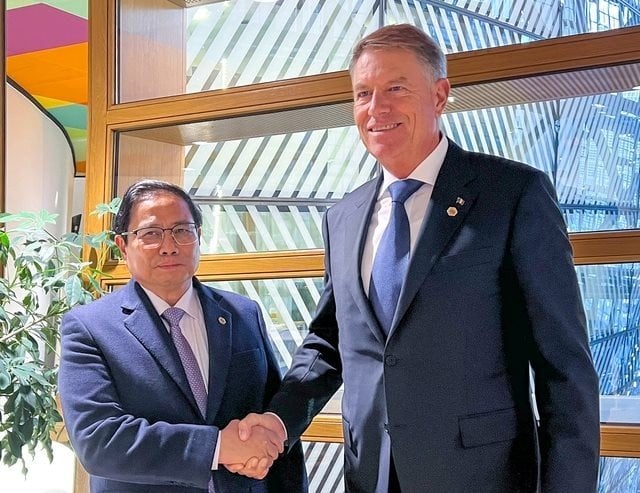 |
| Prime Minister Pham Minh Chinh met with Romanian President Klaus Iohannis on the sidelines of the ASEAN-EU Summit in December 2022. (Source: VNA) |
Could you please review the important achievements of the bilateral relationship in recent times?
I believe that the past five years have contributed to deeply affirming the traditional friendship between the two countries, through promoting the exchange of high-level delegations and cooperation in addressing major challenges, such as the Covid-19 pandemic, or efforts to evacuate more than 1,000 Vietnamese citizens from the conflict in Ukraine.
Here, I would like to mention some recent high-level contacts such as between Romanian President Klaus Werner Iohannis and Vietnamese Prime Minister Pham Minh Chinh, which took place on the sidelines of the United Nations General Assembly (UNGA) (September 2023) and the ASEAN-EU Summit to mark the 45th anniversary of ASEAN-EU Dialogue Relations in Brussels, Belgium (December 2022); the phone call between the twoPresidents (July 2021).
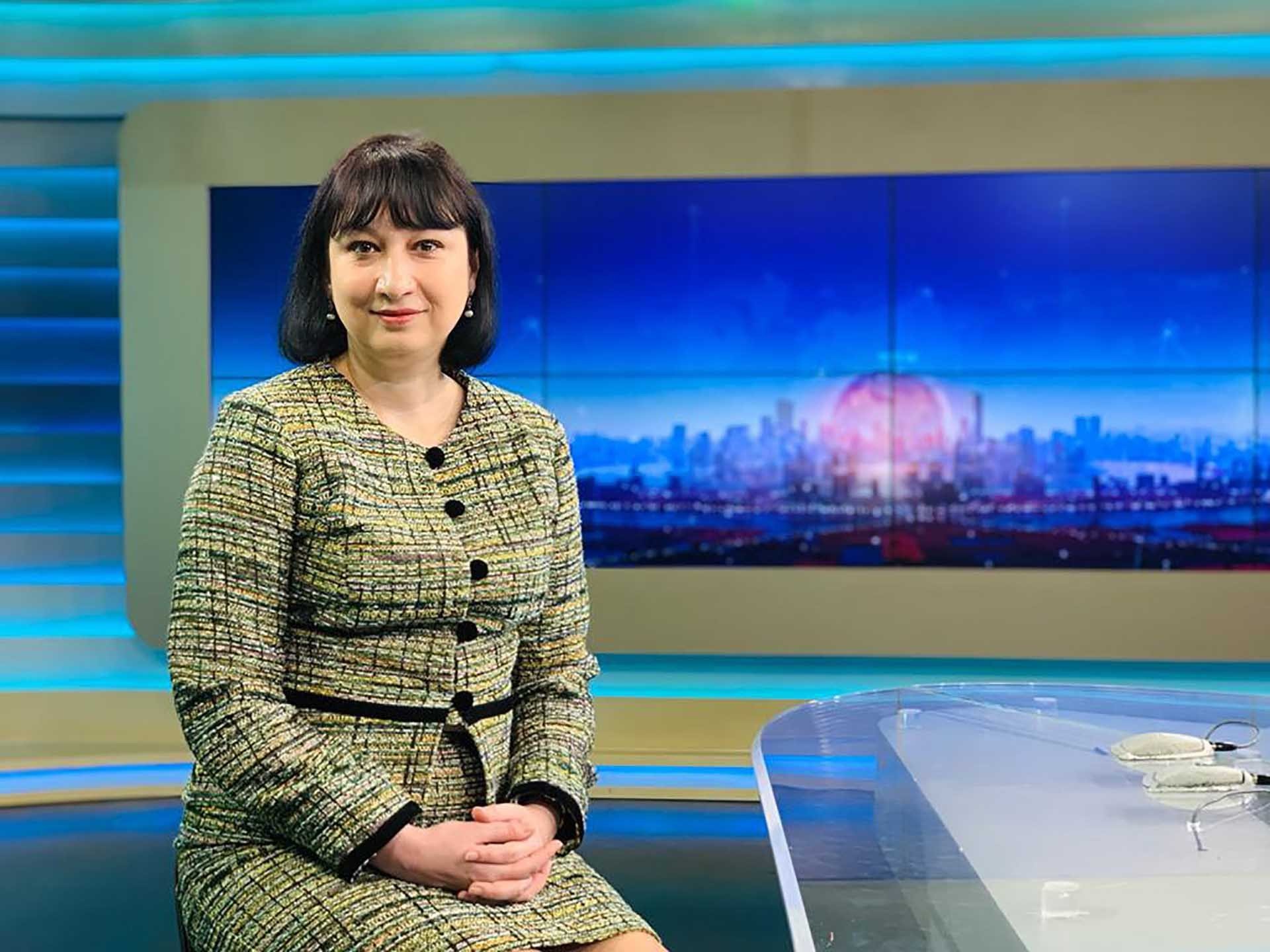 |
| Romanian Ambassador to Vietnam Cristina Romila. (Photo: QT) |
The political-diplomatic dialogue between the two countries has achieved many new developments, reflected in economic cooperation, also at the level with the European Union. One of the important achievements of Romania in its role as President of the EU Council and EU trade policy is the signing of the EU-Vietnam Free Trade Agreement (EVFTA) and the Investment Protection Agreement (IPA) in June 2019. Romania was one of the first EU member states to ratify the IPA.
Bilateral people-to-people diplomacy has also made significant progress in the post-Covid-19 period, with increased cultural, academic and business exchanges. Representatives from more than 30 Romanian universities have visited Vietnam in the past two years; the renowned Bucharest Philharmonic Orchestra will perform in Vietnam in 2022 and 2023 at the Hanoi Opera House and Da Lat. Several economic delegations have visited Vietnam in the past year, seeking new opportunities to deepen and diversify bilateral economic cooperation.
Could the Ambassador share the significance and expectations of Prime Minister Pham Minh Chinh's upcoming official visit to Romania?
Prime Minister Pham Minh Chinh’s visit will continue to promote the Prime Minister-level dialogue between Romania and Vietnam. The most recent contacts at this level took place in 2016 (official visit to Vietnam by the Romanian Prime Minister) and 2019 (official visit to Romania by the Vietnamese Prime Minister).
The visit is also deeply symbolic, highlighting the strong people-to-people ties that have been the foundation of our bilateral relations over the past 74 years. We are honoured that Vietnamese Prime Minister Pham Minh Chinh graduated from university in Romania.
Many areas of common interest will facilitate the successful and substantive visit. We expect new developments in bilateral legal cooperation projects and frameworks. The visit can become an important milestone in bilateral cooperation, helping to enhance understanding of each other’s priorities and interests.
Could you please elaborate on the key areas of cooperation and priorities between the two countries to promote the relationship in the coming time?
First of all, we would like to highlight the good results achieved at the 17th Session of the Vietnam-Romania Joint Commission on Economic Cooperation held in Hanoi last November at the Ministerial level.
The two sides agreed on important cooperation mechanisms in areas of mutual interest such as trade, agriculture, hygiene, energy, labor, science, technology and culture.
Romania can become a gateway for Vietnamese goods to enter Europe, similar to how Vietnam facilitates Romania's entry into the ASEAN market.
We need to effectively utilize the EVFTA to open each other's markets and attract investment in areas of mutual interest.
Personally, what are the Ambassador's goals during his term to deepen the relationship between the two countries?
My tenure in Vietnam has several important priorities: Strengthening high-level political and diplomatic contacts, diversifying economic exchanges, enhancing people-to-people contacts, building new bridges through cultural cooperation and enhancing academic exchanges.
The traditional relations, strong friendship between the two countries, and the potential of the bilateral agenda help create favorable conditions for the two countries to move towards the ambitious future ahead.
Source



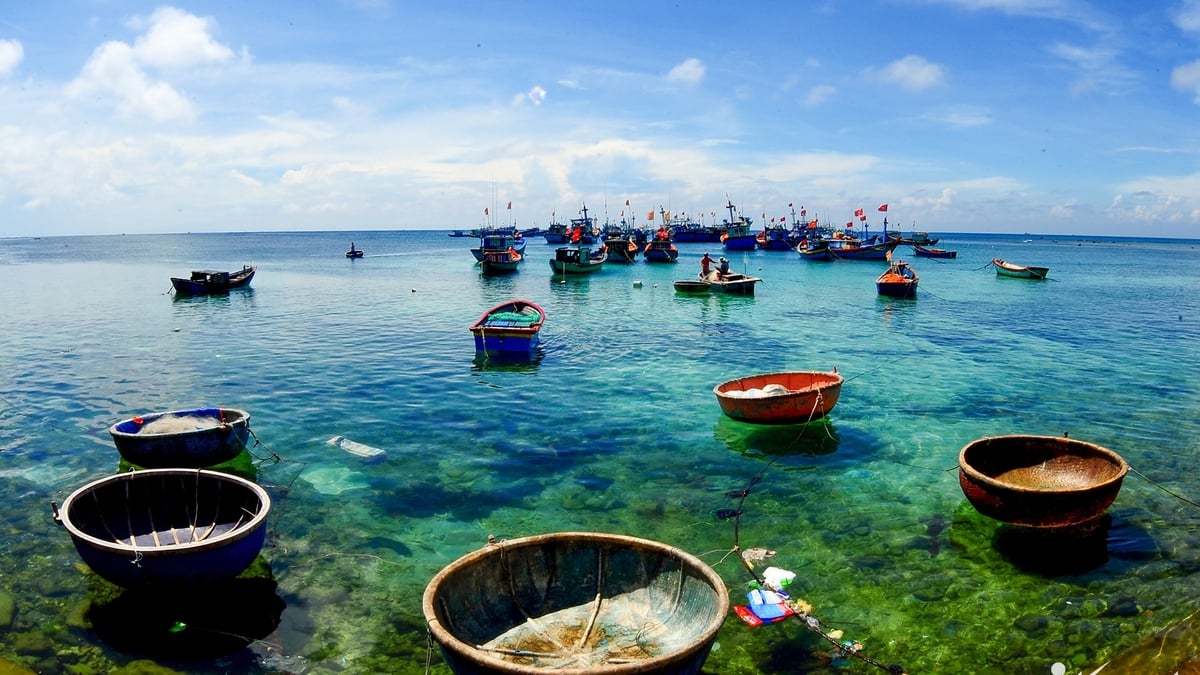
![[Photo] Party and State leaders visit President Ho Chi Minh's Mausoleum](https://vphoto.vietnam.vn/thumb/1200x675/vietnam/resource/IMAGE/2025/5/19/d7e02f242af84752902b22a7208674ac)

![[Photo] Special flag-raising ceremony to celebrate the 135th birthday of President Ho Chi Minh](https://vphoto.vietnam.vn/thumb/1200x675/vietnam/resource/IMAGE/2025/5/19/1c5ec80249cc4ef3a5226e366e7e58f1)
![[Photo] Party and State leaders attend the special art program "You are Ho Chi Minh"](https://vphoto.vietnam.vn/thumb/1200x675/vietnam/resource/IMAGE/2025/5/18/6895913f94fd4c51aa4564ab14c3f250)




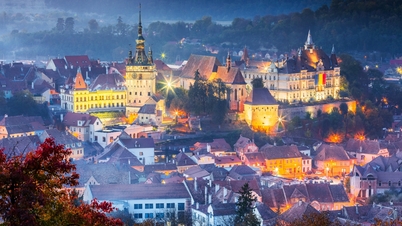

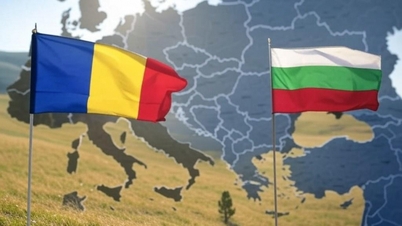

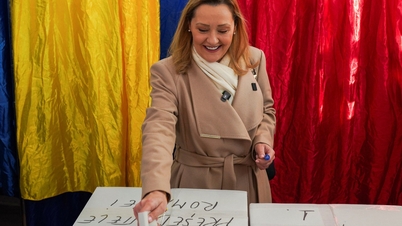

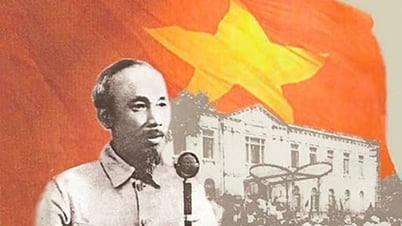

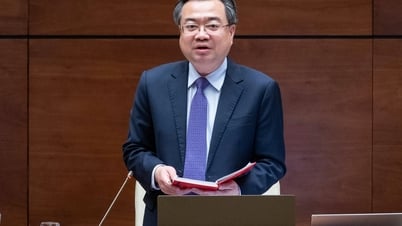

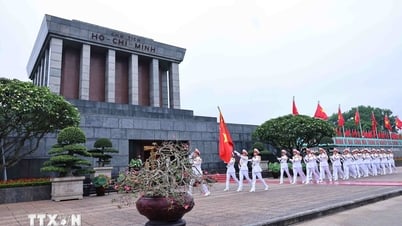

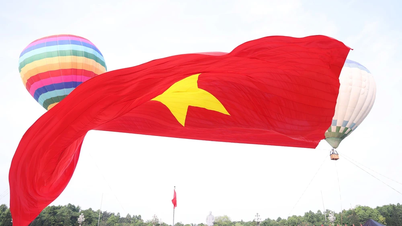

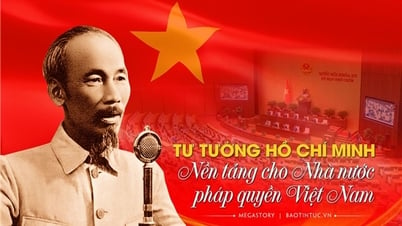
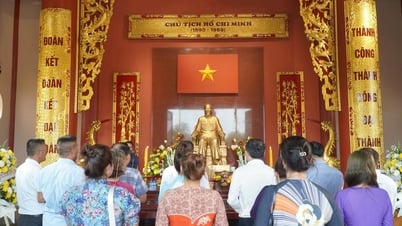





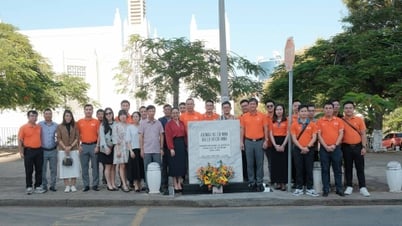

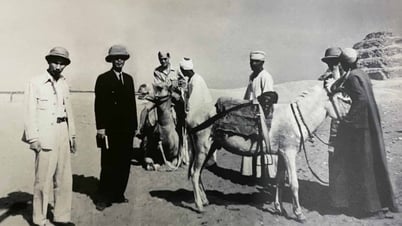
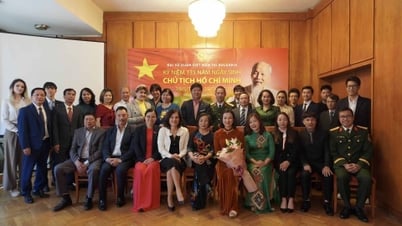
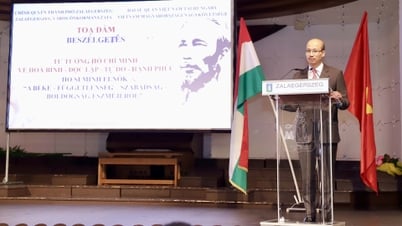
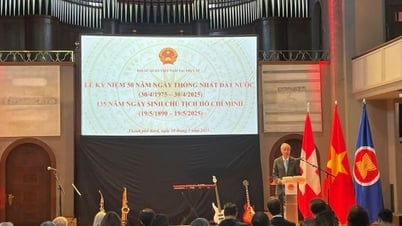
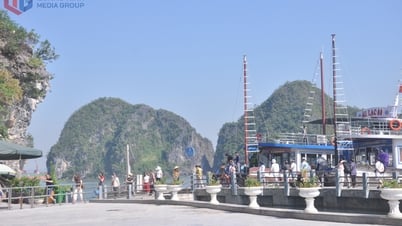












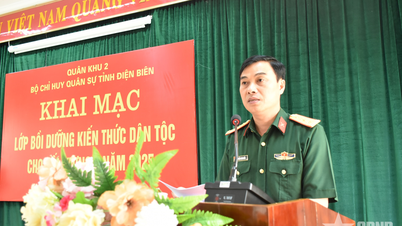



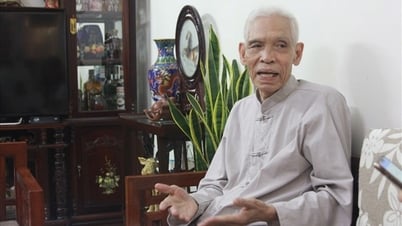
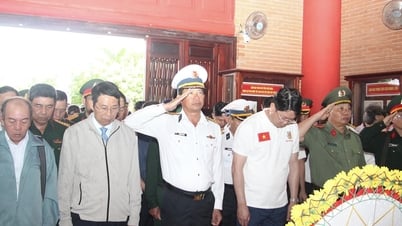
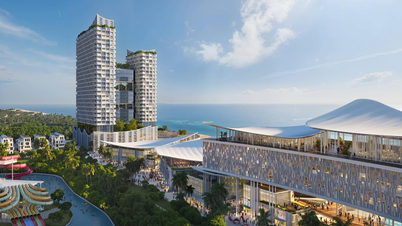

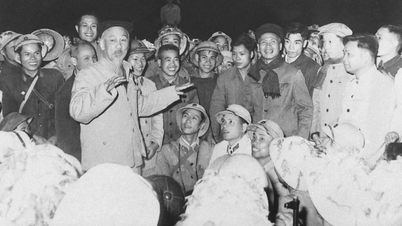

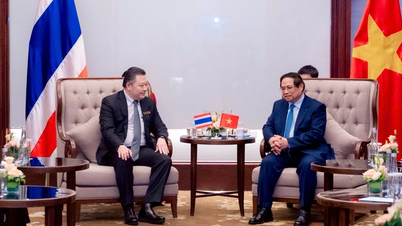
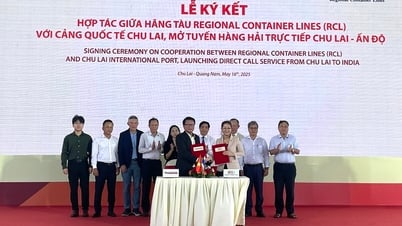




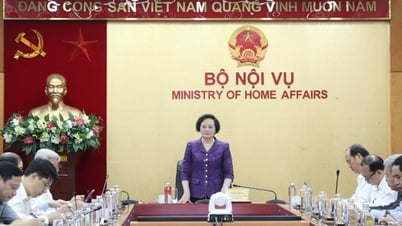

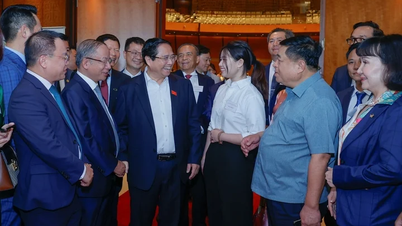



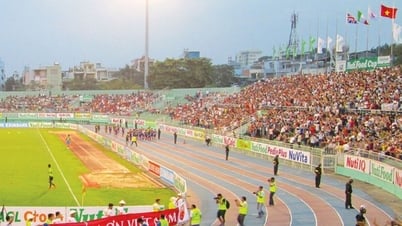
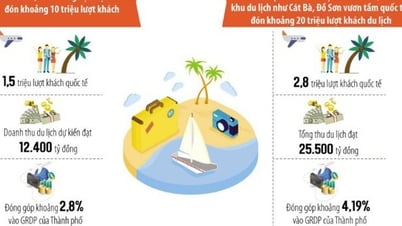
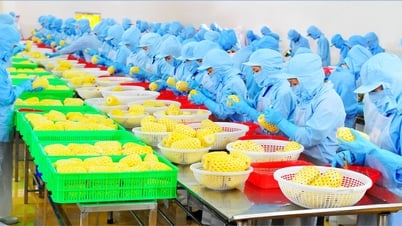

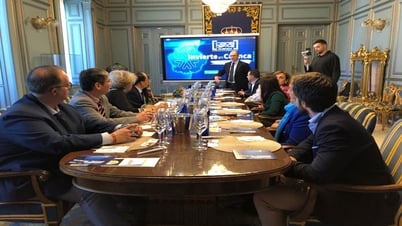
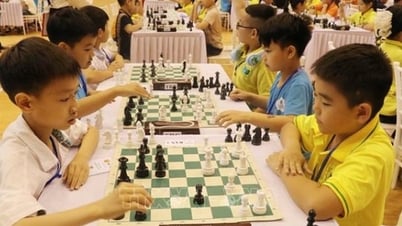

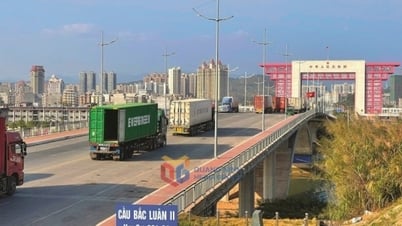
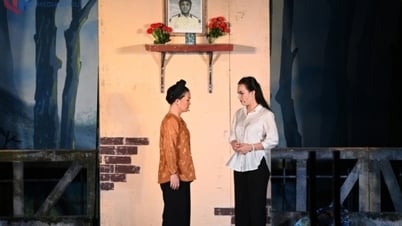


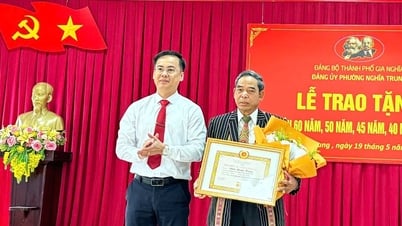

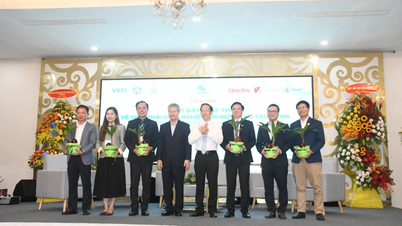

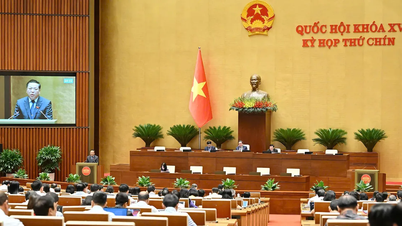











Comment (0)